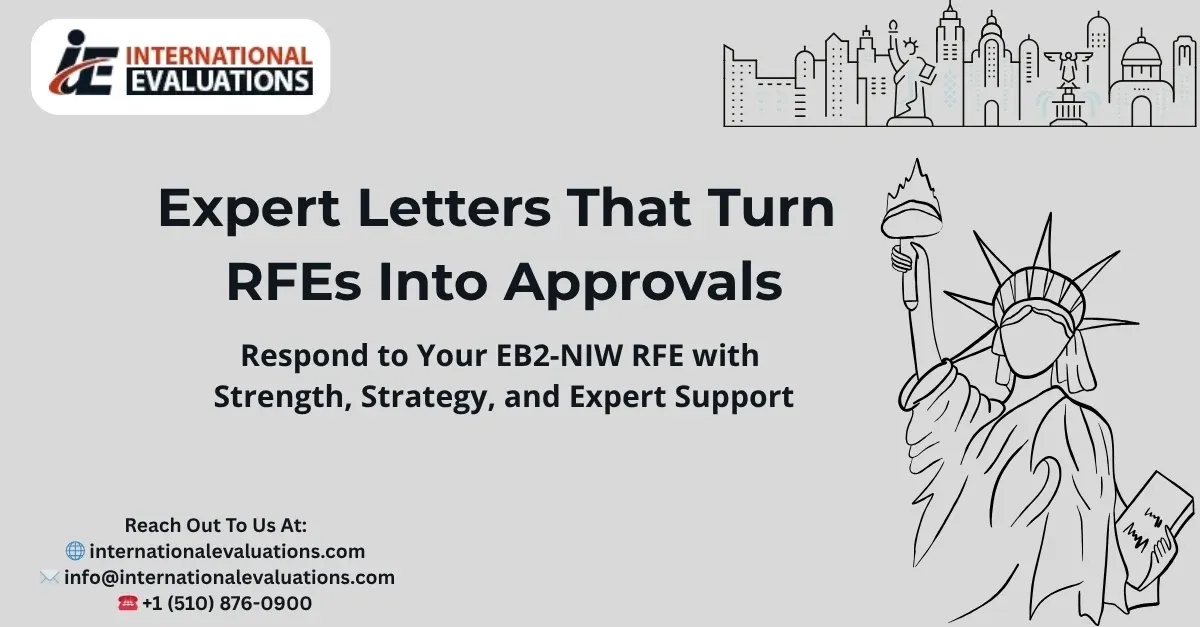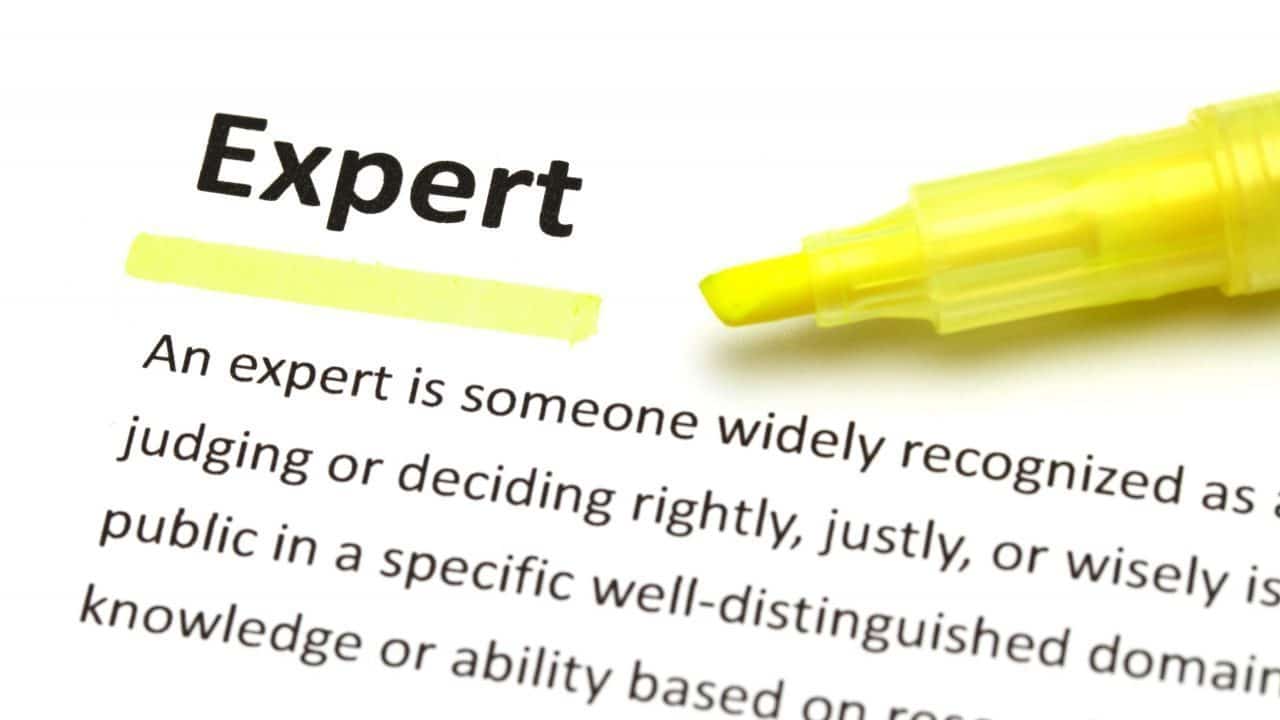Introduction
In a progressively globalized world, the need to assess work experience precisely has never ever been more vital. Individuals looking to advance their professions or relocate typically find themselves browsing a maze of scholastic and expert qualifications from numerous countries. For employers and universities alike, understanding these qualifications is critical in making sure that they select the ideal prospects.
This article dives deep into Unlocking Possible: Comprehensive Work Experience Evaluation Techniques, exploring different methodologies, consisting of academic credential evaluation, international credential assessment services, course-by-course credential evaluation, and the value of the expert viewpoint letter in making informed choices about prospective employees or students.
Unlocking Potential: Comprehensive Work Experience Evaluation Techniques
Evaluating work experience acts as a bridge between private possible and chance. Yet, how do we unlock this possible efficiently? The response lies in a multi-faceted method that integrates different examination strategies tailored to private needs and contexts.
Understanding Work Experience Evaluation
Work experience evaluation examines a person's professional background, abilities, and proficiencies relative to task requirements or educational requirements. This procedure can substantially vary based upon area, market, and particular roles.
The Value of Precise Evaluation
Why is accurate work experience evaluation crucial? Slipups can result in poor hiring choices, mismatched instructional positionings, or unfulfilled career goals. It's vital for employers and institutions to guarantee they make use of accurate approaches when assessing qualifications.
Key Components in Assessing Work Experience
Professional Background Check
A comprehensive review of previous employment history is crucial. This includes validating task titles, durations of work, obligations held, and achievements.
Skills Assessment
Understanding the skills gotten during previous roles helps evaluate suitability for future positions.
Industry Relevance
Evaluating whether previous experiences align with present market standards is vital for a meaningful assessment.
Academic Credential Evaluation
This includes evaluating any official education got together with expert experience.
Types of Credential Evaluations
International Credential Assessment Services
When prospects possess certifications from foreign organizations, international credential evaluation services enter play.
What Are International Credential Evaluation Services?
These services assess foreign instructional qualifications versus regional requirements. They supply insights into how degrees equate within the domestic education system or labor market.
Why Usage These Services?
- To comprehend equivalency in terms of education level To facilitate smoother immigration processes To boost employability by validating foreign qualifications
Course-by-Course Credential Evaluation
What Is Course-by-Course Credential Evaluation?
This type examines each course taken during a candidate's education journey rather than just offering a total degree equivalency.
Benefits
- Detailed insights into particular courses carried out Enables organizations to make informed choices regarding credit transfers Supports applicants looking for more education by highlighting strengths and weak points
Crafting Effective Expert Opinion Letters
An expert viewpoint letter works as a crucial file in many examination procedures.
What Is a Professional Viewpoint Letter?
This letter is written by professionals who have expertise in assessing instructional credentials or work experience relative to market standards.
Why Are They Important?
Expert viewpoint letters serve several functions:
- Provide reliable assessments Validate claims made by candidates about their experiences Enhance trustworthiness throughout application processes
Steps for Carrying out an Extensive Work Experience Evaluation
Gather Documentation
Collect all relevant documents consisting of CVs, referral letters, and efficiency reviews.
Conduct Interviews

Use Standardized Tools
Use structures or tools created for examining skills and experiences systematically.

Comparison Versus Standards
Align findings with industry benchmarks to establish relevance and value.
Compile Findings into Reports
Present results clearly for stakeholders' evaluation-- openness is key!
Challenges in Work Experience Evaluation
Recognizing Pitfalls
Despite best shots, difficulties are plentiful in examining work experience precisely:
Cultural Distinctions Variability in Task Titles Lack of Standardization Across RegionsHow to Conquer These Challenges?
- Train evaluators on cultural competency. Utilize databases that clarify job title equivalencies throughout industries.
FAQs
1. What does scholastic credential assessment entail?
Academic credential evaluation usually involves assessing degrees gotten from numerous organizations worldwide to identify their equivalency in another nation's education system.
2. Why are global credential evaluation services necessary?
They help verify foreign certifications so that people can gain work or admission into curricula without confusion over their credentials' legitimacy.
3. What differentiates course-by-course credential evaluation from regular evaluations?
Course-by-course examinations analyze each individual course taken during one's education rather than merely assessing the degree as a whole.
4. How does a skilled opinion letter support my application?
A professional viewpoint letter supplies authoritative support for your claims regarding your credentials or experiences and can substantially strengthen your application's strength.

5. What prevail challenges faced throughout work experience evaluations?
Common challenges consist of cultural differences impacting analyses of roles/skills, irregularity in job titles throughout areas, and lack of standardization resulting in confusion over equivalencies.
6. How can I prepare for a work experience evaluation?
Gather comprehensive documents like your CV/resume, references from previous employers, performance reviews if offered, and be ready to discuss your experiences openly throughout interviews.
Conclusion
As we've checked out throughout this post on " Unlocking Potential: Comprehensive Work Experience Evaluation Techniques," it's clear that reliable examinations depend upon nuanced understanding and careful execution of several techniques-- varying from scholastic credential assessments to expert opinion letters that provide credence to personal narratives.
Employers must welcome these comprehensive techniques not just as administrative needs but as opportunities to empower individuals through fair assessments-- ultimately unlocking https://paxtonwseo527.bearsfanteamshop.com/international-credential-assessment-solutions-facilitating-educational-journeys-abroad the vast potentials hidden within diverse backgrounds worldwide! By investing time in refining these methods today, companies can build more powerful teams tomorrow while individuals can browse their profession paths with clarity and confidence.